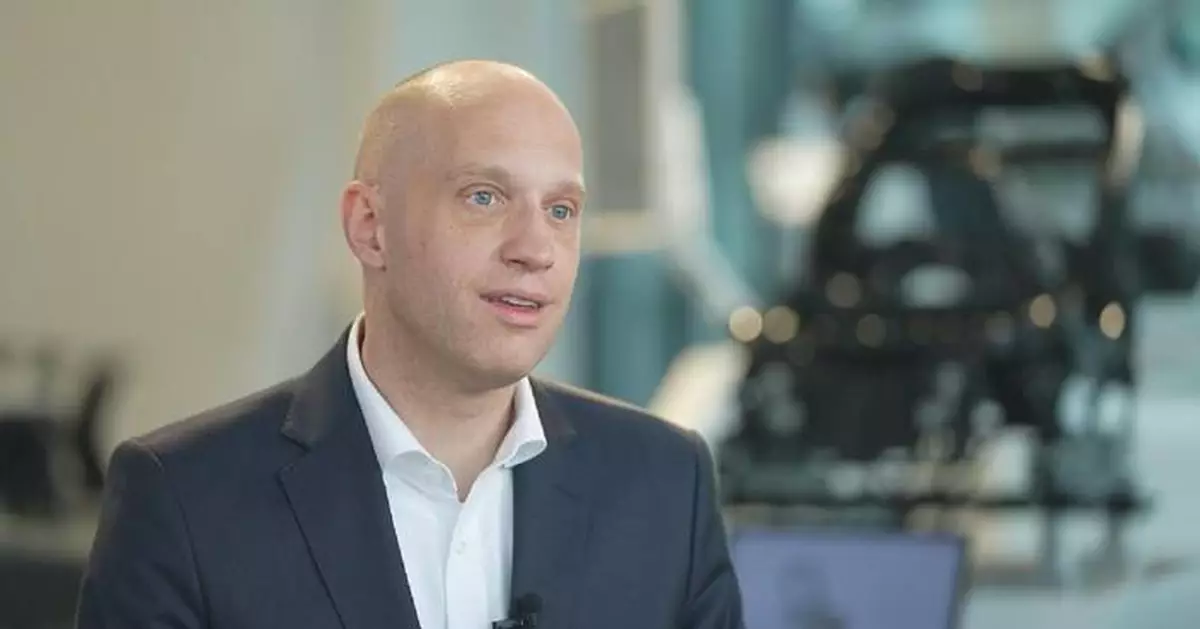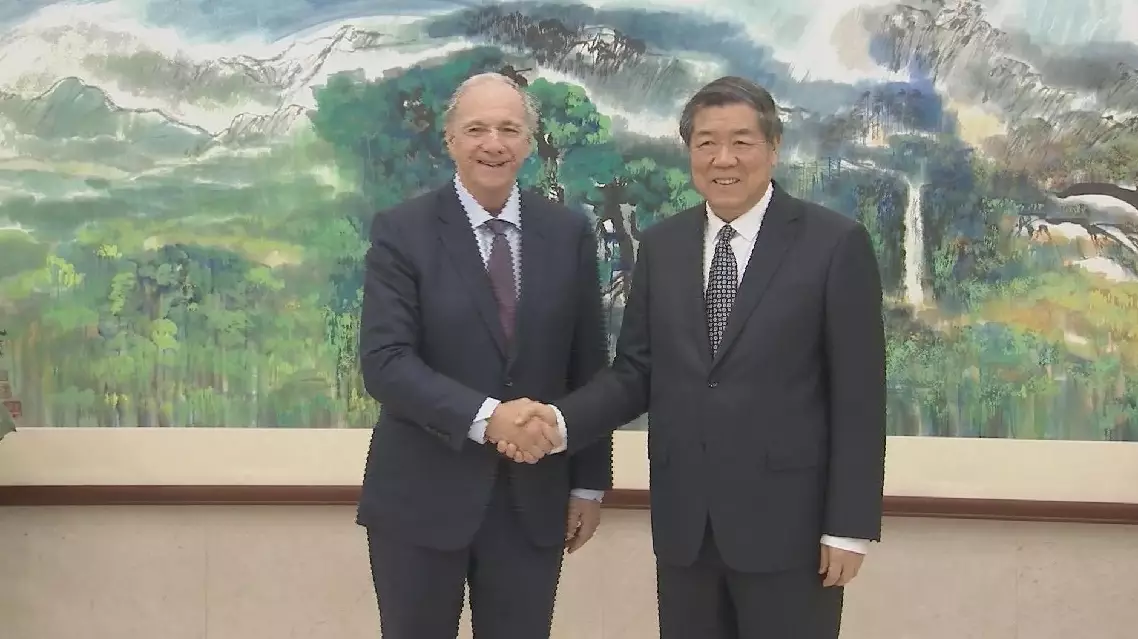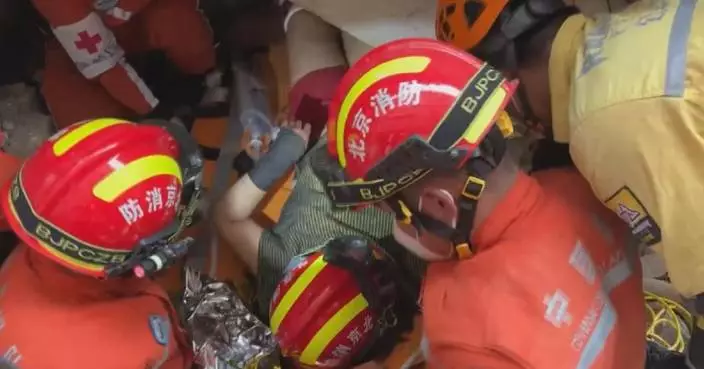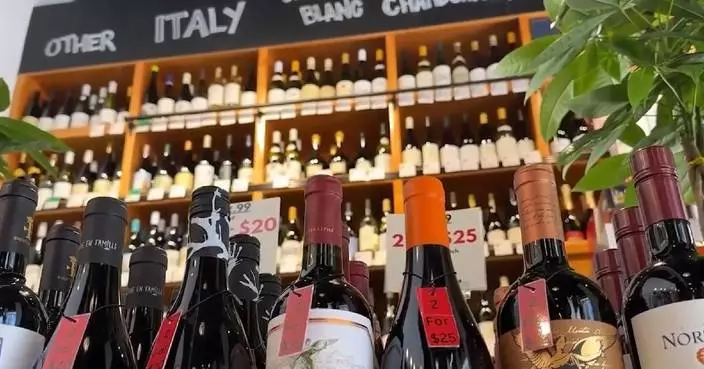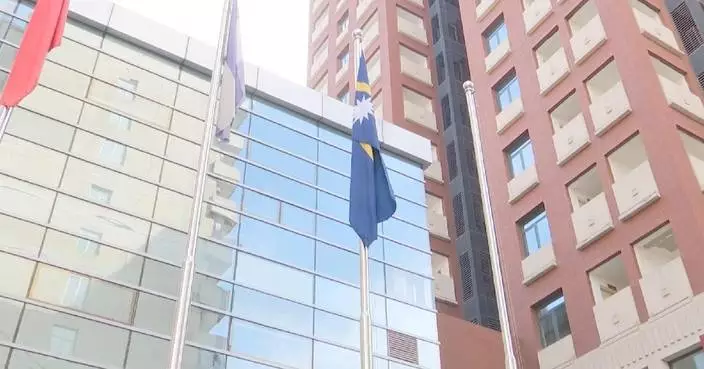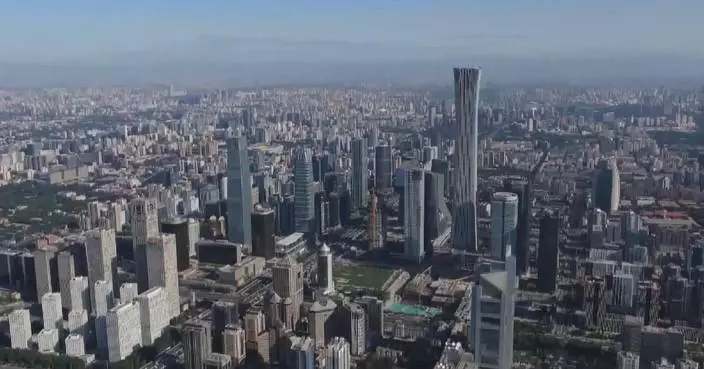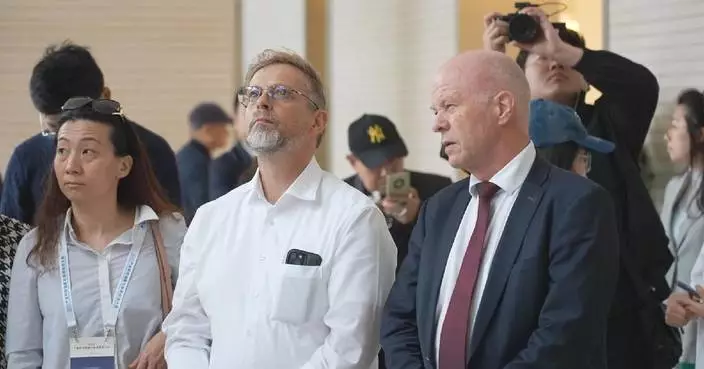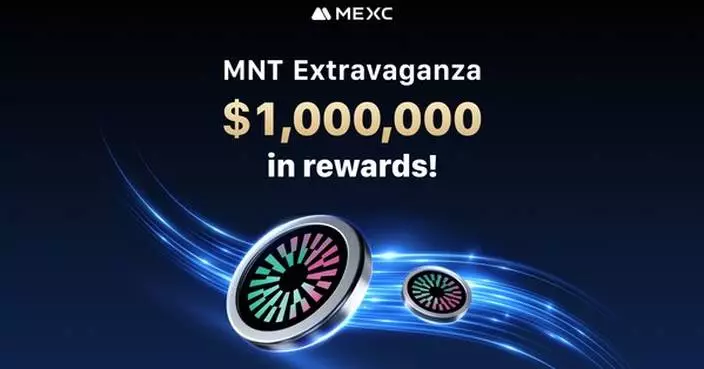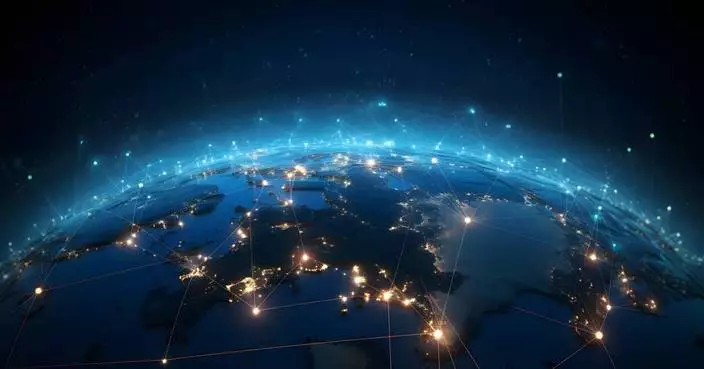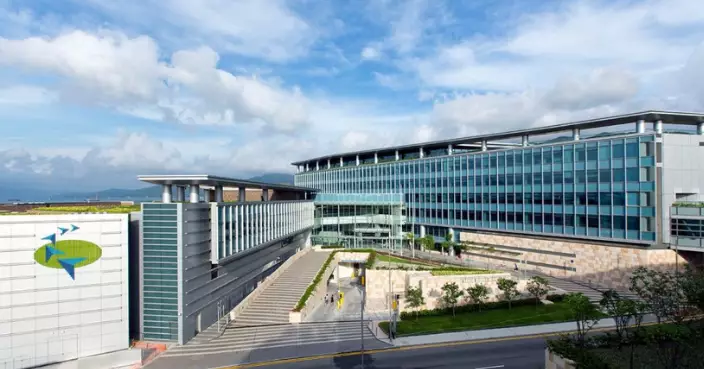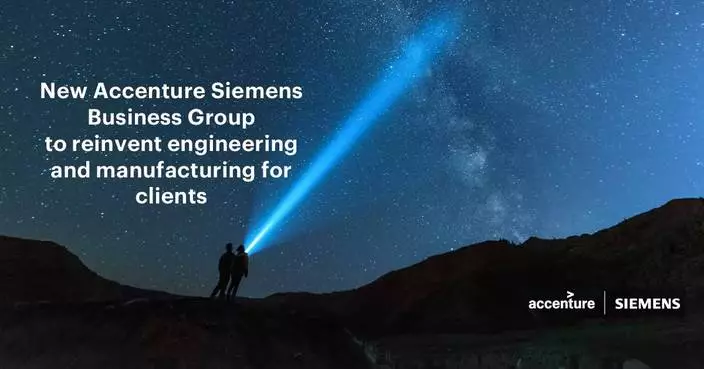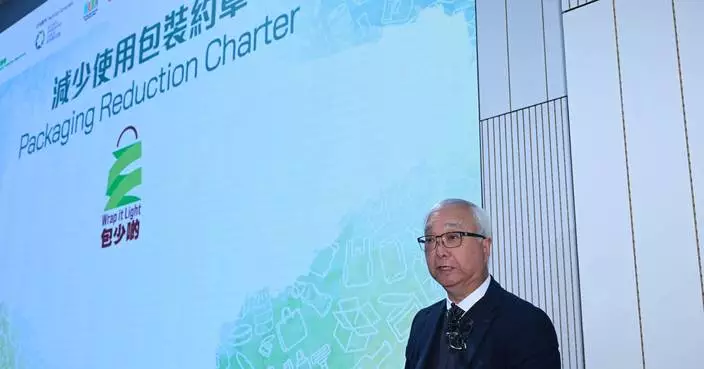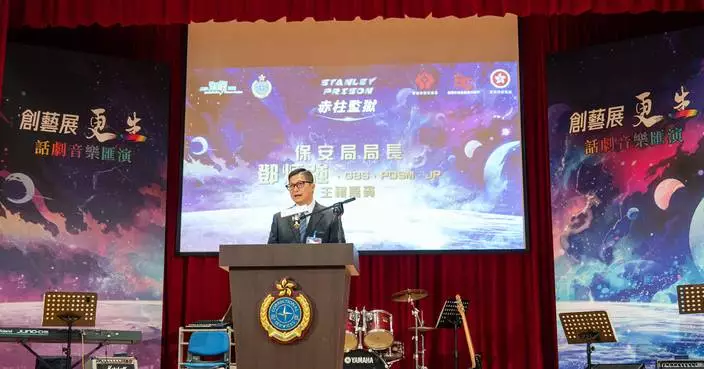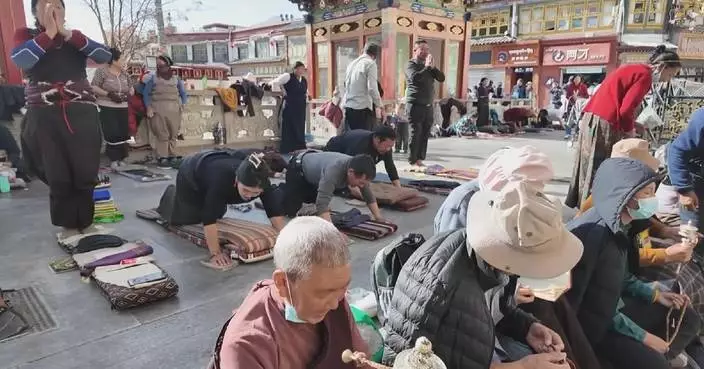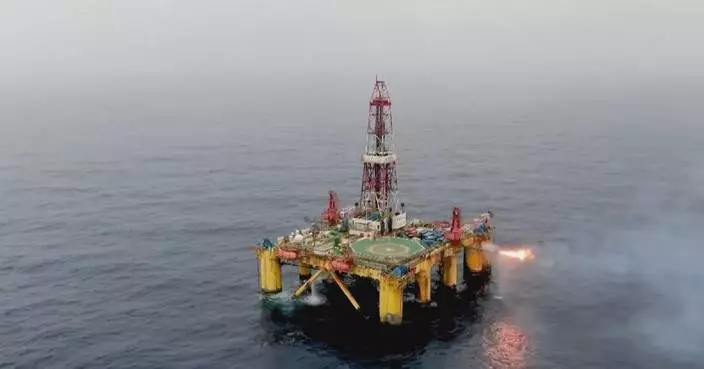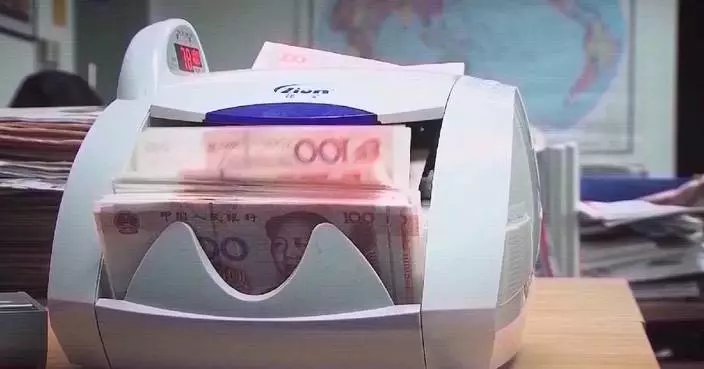Commending the unexpectedly rapid development of China's automotive industry, the CEO of German auto parts supplier Brose Group said he anticipates cooperation to stimulate free trade going forward, despite "unfortunate" EU tariffs.
China has been the world's largest car market for a decade and became the world’s largest auto exporter in 2023.
Recognizing the country's vast automotive market potential, Brose, one of the five largest family-owned automotive suppliers globally, has significantly increased its investments in China in recent years.
The company began operations in China in 1996 and now generates annual revenue of around 10 billion yuan (about 1.38 billion U.S. dollars). Over the past few years, Brose has invested more than six billion yuan into the Chinese market.
Philipp Schramm, CEO and CFO of the company said that Brose plans to expand local cooperation and investments in new technologies, as well as bring more engineering know-how to the country upon seeing "a lot of capabilities and knowledge, and also the necessity to have more research and development in China."
Speaking about the third plenary session of the 20th Communist Party of China (CPC) Central Committee to be held in mid-July, the CEO said he expects to see support from the government in building more international cooperation.
"Be business-friendly, encourage international cooperation, foster free trade. That's what I'm anticipating because it's vital for our industry to strive going forward. So far, we have been very pleased with what we have seen. I think it's now the next step in regards to developing local content, and we are ready to do so. We are expecting the support of the government to be business-friendly, to strive for new technologies to bring more technologies to China and from China to the world," he said in an interview with China Global Television Network (CGTN) in Shanghai.
Schramm also shared his take on the emergence of new quality productive forces in China, referring to the country's efforts to build advanced productivity freed from traditional economic growth modes and productivity development paths.
"We will support it. We see the change in a positive way. We see that we can really foster the technology, the know-how, the capabilities within the Chinese market and bring technologies to the world. Now, a lot of the vehicles you see here, which perhaps people around the globe couldn't believe a couple years ago that this is possible, became a reality. And now you are pushing the boundaries in the market, which was believed very saturated, and it's not. You are changing the technology, and that's why we are here, and we are participating in this development," said the executive.
However, with many foreign businesses like Brose looking forward to sharing the fruit of China’s booming EV industry, the European Commission has erected a stumbling block to this process.
Last month, the European Commission unveiled plans to impose provisional tariffs on imports of Chinese EVs. The move, widely criticized as protectionist, imposed additional duty rates ranging from 17.4 percent to 38.1 percent on Chinese EV makers.
"It's very unfortunate. It's unfortunate to have any blocks in free trade in every direction. And this is something we as businesses are not supporting, Because for us, trade, exchange of goods, of technology, of know-how, of individuals, is vital to bring the best product, the best price to the end consumer. Nevertheless, it's a political decision, which we can't change. We can try to influence it, but it's up to us to work with it. It (the tariffs) is not supporting free trade. It's not supporting the best opportunities. It's not a win-win solution. That's why we are looking for other ways and not supporting any tariffs," Schramm said.
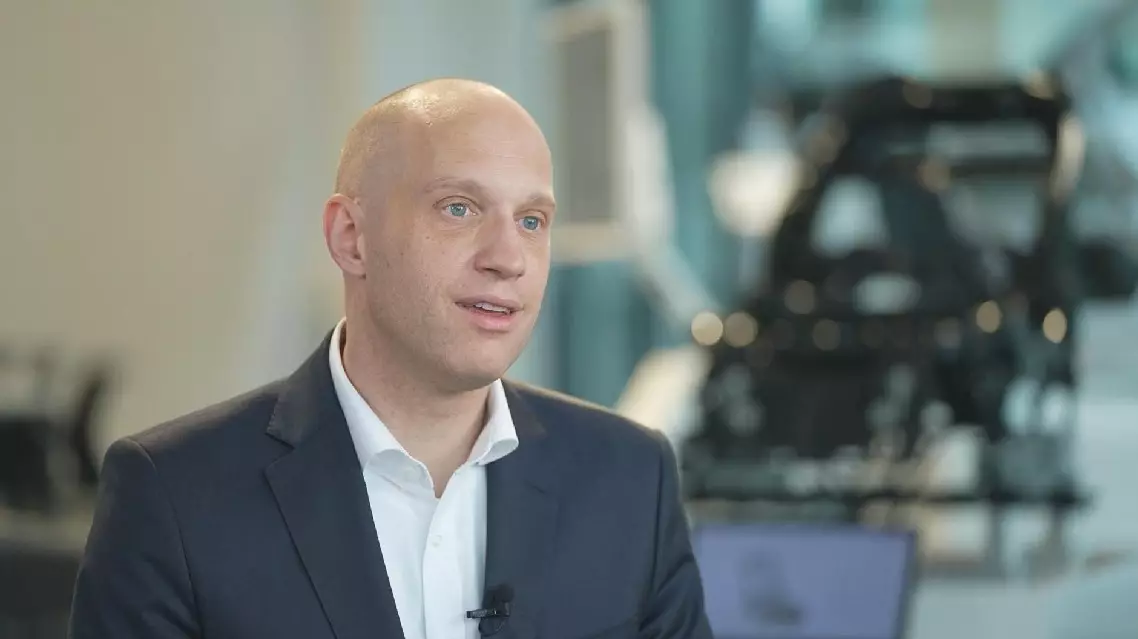
German auto parts firm optimistic on Chinese car market, opposes tariffs


